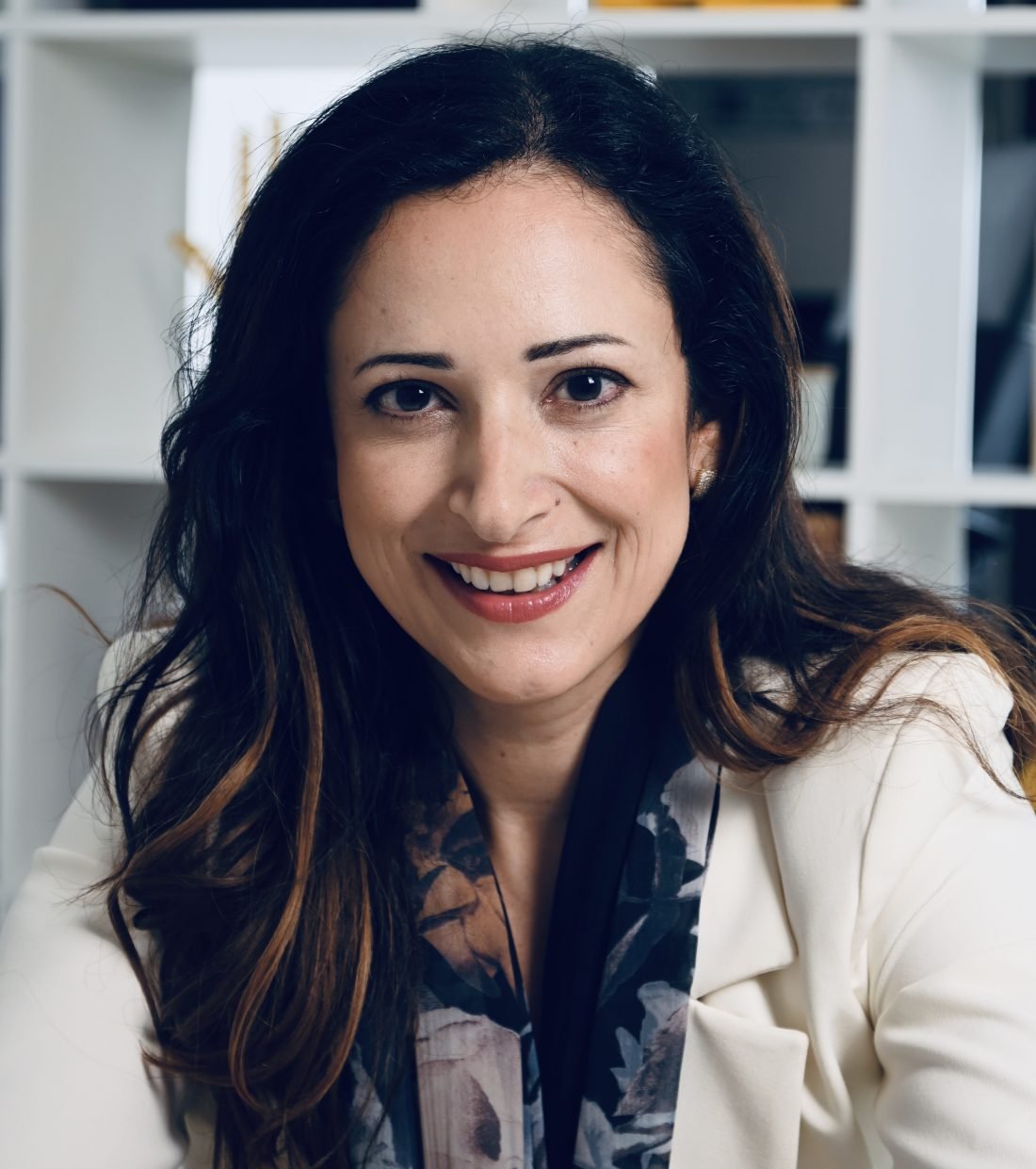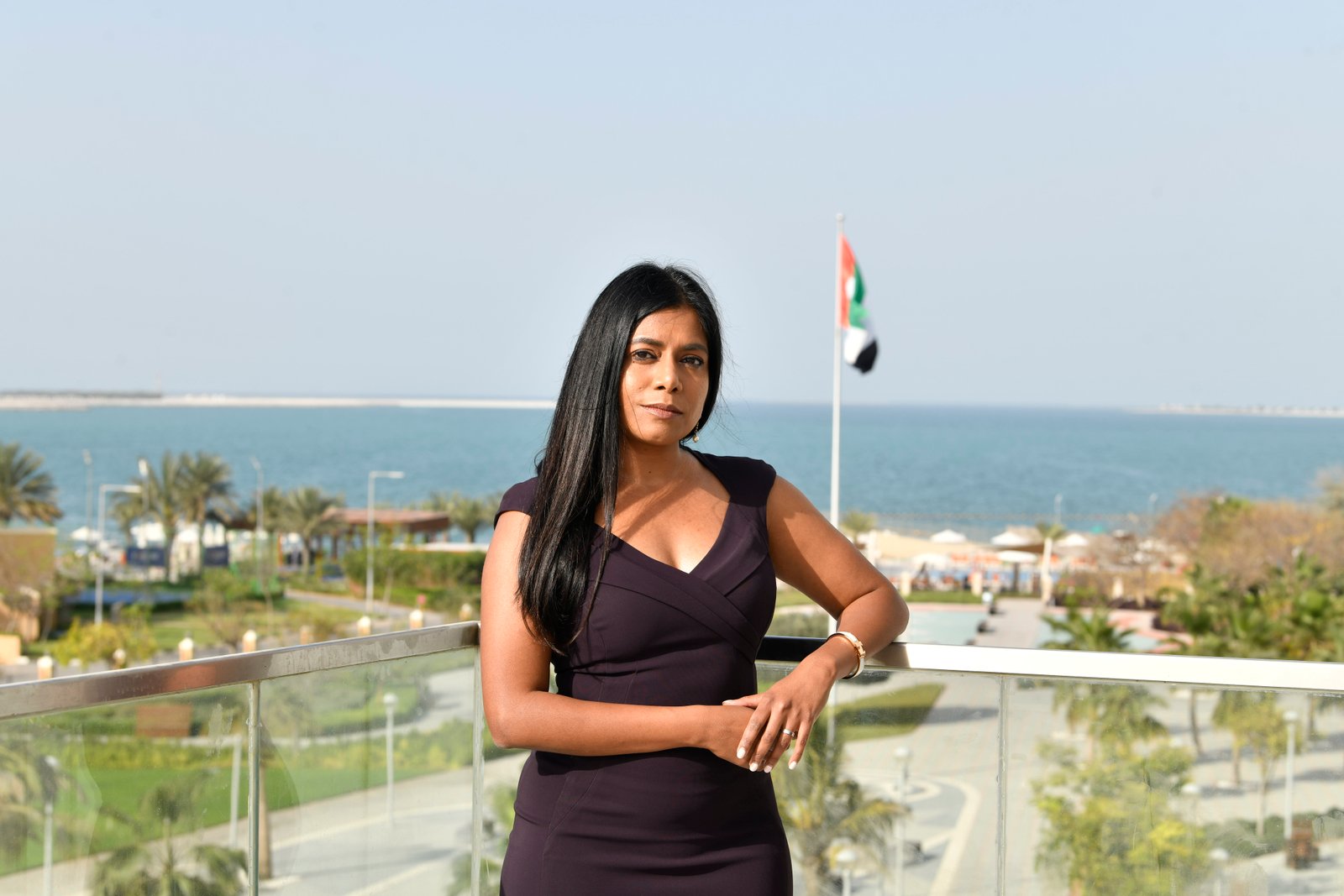The Wonder Women of MENA: The Marketing Society’s and MEPRA’s Neda Shelton

About Neda Shelton, The Marketing Society Board Member and MEPRA Executive Board Member
Neda began her marketing and communications career 22 years ago, promoting overseas development projects for the UK government, and subsequently worked in several European and multinational tourism PR and marketing roles across technology, tourism and government sectors. Her past projects include high profile marcomms strategies for NEOM, Ras Al Khaimah Tourism, among other tourism destinations and brands.
Neda’s career has combined her passion for corporate PR, tourism and sustainability. She won numerous PR and brand awards for leading exhilarating launches for sustainable adventure tourism attractions, events and brand transformations in the UAE. In 2018 and 2019, Neda won In-house team of the Year Award from PRCA MENA during her time at Ras Al Khaimah Tourism Authority where she led regional and global media engagement and promotions. She has a versatile skill-set, having led 360-degree marcomms projects across consumer PR, digital & events, as well as corporate internal communications, investor relations, and B2B/ G2B strategic stakeholder engagement.
A British graduate, Neda holds qualifications in Communications, Sustainable Marketing, ESG, and Digital Marketing. She speaks Spanish and Arabic, having lived in Spain for a decade before moving to the UAE, where she worked for global public-listed companies.
More recently, Neda’s achievements include leading integrated global marcomms for Emirates Airline, where she won several brand awards for employee and customer engagement and CSR initiatives, followed by several years in senior PR leadership roles for government entities, where she specialized in promoting various destinations in the UAE for tourism and investment purposes.
As an Executive Board member of MEPRA, the Middle East PR Association, Neda leads the recently formed Sustainability Communications Committee. In addition, Neda serves on the Board of the Marketing Society Abu Dhabi, where she is also leading the Sustainable Marketing Working Group.
About her thoughts for the industry
Over the last 22 years of my career, I have witnessed numerous macro-trends, disruptors and transformations that have affected the marketing and communications profession. But none so significant as the current climate crisis.
Just as many more professionals across multiple industries are now seeking to upskill in the area of ESG and Sustainability – so are many more marketing and communications professionals seeking to increase their literacy in this area. Through Sustainable Marketing courses, and industry working groups – we are creating a network for like minded professionals to gather, share and increase their understanding of how they can make an impact in their roles.
The concept of Stakeholder Capitalism – where people, planet and profit can all thrive at the heart of organizational and corporate strategies – is now commonplace. And consumers (citizens) are demanding more sustainable offerings. So the business opportunity and potential is huge for marketers who want to transform, innovate and be relevant in many more years to come.
My view is that reducing marketing’s carbon footprint does not have to be complicated, once you know how. There are so many sustainable solutions backed by science, ready to be put in practice. Creative marketing communications teams have the unique skillset to impact behavioural change – and judging by the increase in ESG related marcomms awards categories, some excellent work is already being done.
My personal predictions are that we will see an increase in carbon measurement in the marketing industry such as Ad Zero – and marketing departments may, in the not so distant future, be dealing with carbon budgets, alongside financial ones.
There will also be more collaborative work done to create unified standards for measurement and certification to combat greenwashing – and this will be incorporated more and more into marketing policies and procurement criteria.
We will also see the typical MBA and Marketing degree curriculums adapt to have more focus on the new thinking emerging around Stakeholder Capitalism and Sustainable Marketing.
Finally, the increased use of technology – AI, immersive, VR/AR, and gaming – will become more and more responsive to the needs of younger generations. We already know Gen Z want brands to show how they are solving the climate crisis. After all it is their future in our hands.
I believe marketing communications professionals have the potential to truly be changemakers. Awareness, small actions, and upskilling in the area of sustainability and ESG – can lead to big, impactful, systemic changes which I personally hope we will be able to witness in our careers.





